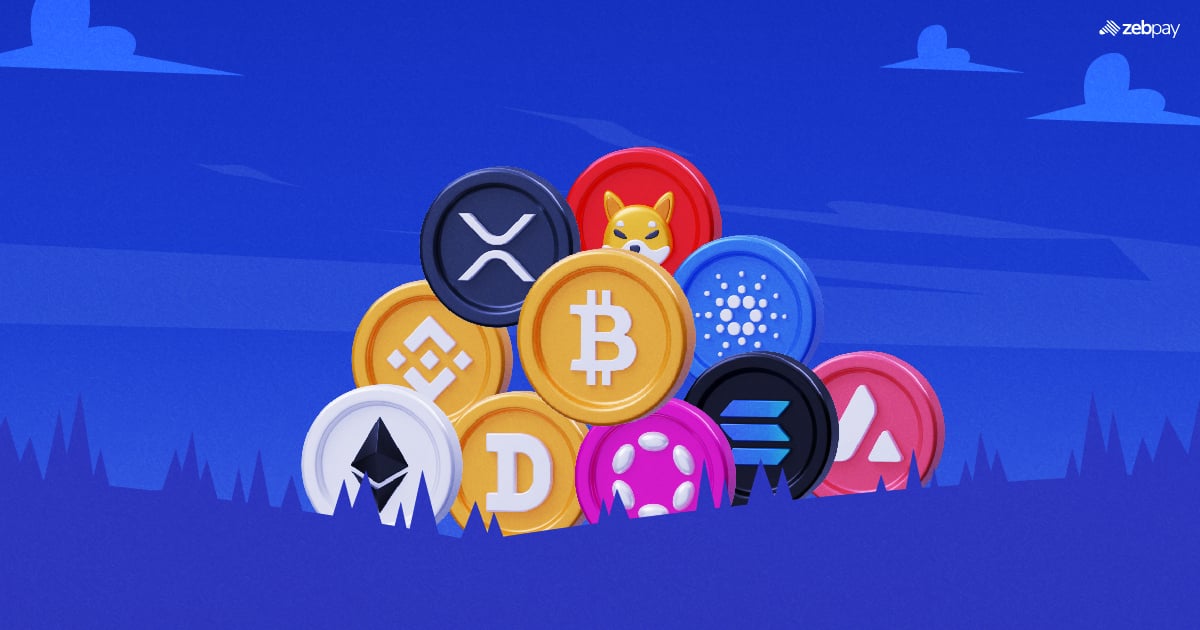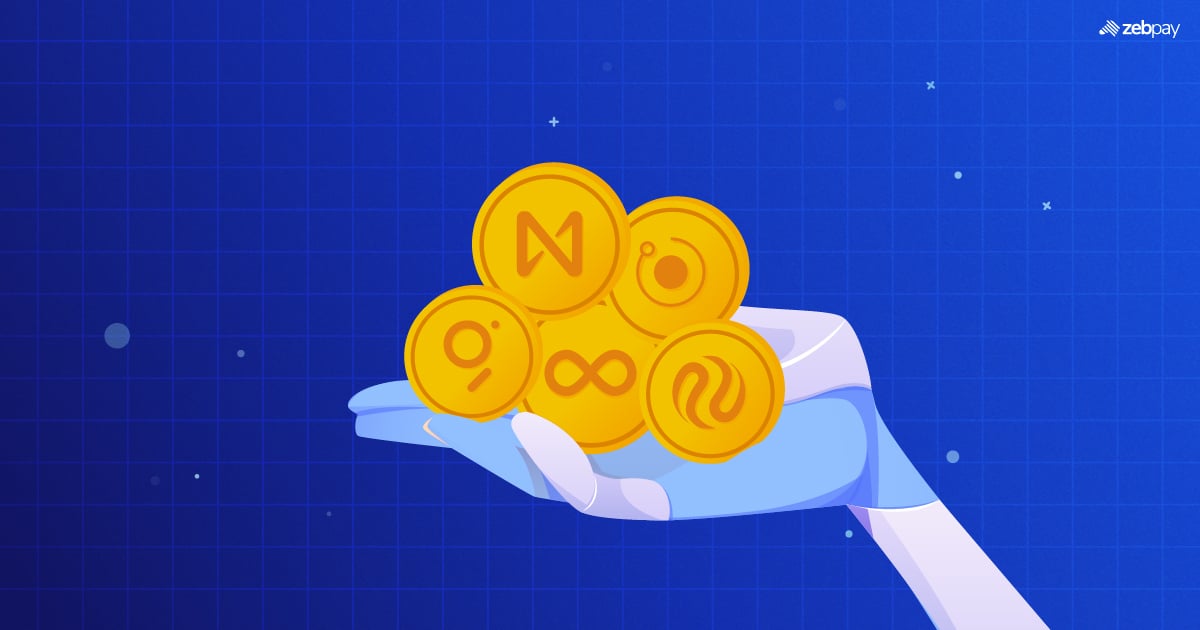In recent years, Ethereum has established itself as the leading platform for decentralised applications and blockchain-based finance. However, its success has also led to growing concern over its scalability and interoperability limitations. This has created a new generation of blockchain projects that use alternative solutions to resolve Ethereum’s shortcomings. One such promising platform is Avalanche.
What is Avalanche Crypto?
Avalanche is a next-generation blockchain platform that aims to provide a more scalable, interoperable, and decentralised infrastructure for decentralised finance (DeFi) and other blockchain-based applications. Unlike other blockchains, Avalanche uses a network of interconnected blockchains to achieve its scalability.
Additionally, Avalanche provides tools for developers to easily create and launch their own blockchain networks, further expanding its ecosystem. The platform also supports multiple programming languages, making it accessible to a wide range of developers. Its unique consensus algorithm also plays an integral role in the network’s low latency and resistance to attacks.
How Does Avalanche Work?
Avalanche works by utilizing a multi-chain architecture, where multiple subnets operate simultaneously within the larger Avalanche network. Each subnet is designed to support its own set of decentralised applications and can be customized for specific use cases, such as DeFi, gaming, or supply chain management. The subnets are connected to each other and can interoperate, allowing for the seamless exchange of data and assets between them.
At its core, the network uses three different blockchains for operation. These are the X-chain, P-chain and C-chain.
- X-Chain: The exchange chain is used to create digital assets such as new crypto tokens. These assets can also be transferred between users through this chain.
- P-Chain: The platform chain is what coordinates validators across the Avalanche network. It also enables developers to create new blockchains for their unique applications.
- C-Chain: The contract chain is Avalanche’s implementation of the Ethereum Virtual Machine (EVM). This allows the platform to include smart contract functionality on the network.
The platform uses a unique consensus algorithm to validate transactions and ensure the security of the network. This algorithm allows for high transaction speeds and low latency, as well as enables users to participate in the governance process by voting on proposals. This system allows anyone staking more than 2,000 AVAX to participate in consensus.
What is AVAX Coin Used For?
Avalanche also has its own native token, AVAX. This token is used as the primary means of exchange and payment within the platform. All transaction fees are also paid using AVAX. It is also used to participate in the platform’s governance process, and holders receive rewards for their contributions to securing the network.
AVAX is currently trading at $16.29, with a market capitalization of almost $529 million.
How To Stake AVAX?
Staking AVAX involves holding and locking up a certain amount of tokens for a specific period in exchange for rewards. Staking is a way to support the security and stability of the network by participating in its consensus mechanism. Here’s how you can stake AVAX:
- Purchase AVAX: You will first need to purchase AVAX tokens and store them in a compatible wallet, such as the official Avalanche Wallet. These tokens can be purchased from any centralised or decentralised exchange.
- Choose a Staking Platform: There are various staking platforms available on the Avalanche network, each offering different rewards and staking conditions. Choose a platform that meets your needs. Some options include Binance and OKCoin.
- Choose a Validator: If you cannot afford to run your own validator node, you can always choose to delegate your stake to one of the many running nodes. You are then entitled to a share of the validator’s block reward.
- Start earning rewards: As a staker, you will receive rewards in the form of additional AVAX tokens, based on the staking platform’s reward structure. The rewards are distributed regularly, usually after each block has been confirmed.
Can I Mine AVAX?
Unfortunately, it is not possible to mine AVAX. Avalanche is a blockchain based on Proof of Stake, which requires users to lock in or “stake” their tokens to participate in consensus. Mining is a task that only occurs on Proof of Work blockchains like Bitcoin and Litecoin.
Avalanche Crypto Benefits

Scalability
One of the headline features of Avalanche is its scalability. The platform’s triple-chain approach is highly effective in reducing the load on a single network. Additionally, its powerful consensus mechanism reduces latency and allows transactions to be confirmed rapidly.
Developer Environment
Avalanche allows developers to launch their own independent blockchains using the network’s shared infrastructure. This gives them control over how the blockchain is secured, how it functions and its tokenomics while still benefitting from Avalanche’s network features.
Interoperability
The Avalanche network is highly interoperable. It does this by allowing all blockchains across subnets to communicate with each other. This reduces the barriers to data sharing and enables transfers across blockchains on the network.
Final Thoughts
Now that you know the Avalanche definition, how it works and its benefits, you can see that it makes a compelling case as an alternative to Ethereum. Avalanche’s scalability and interoperability make it useful for users and developers alike. Finally, staking AVAX also allows you to earn a steady stream of passive income.
You can now trade Avalanche(AVAX) on ZebPay Singapore. Level up your crypto trading experience with ZebPay’s brand new upgrades.







